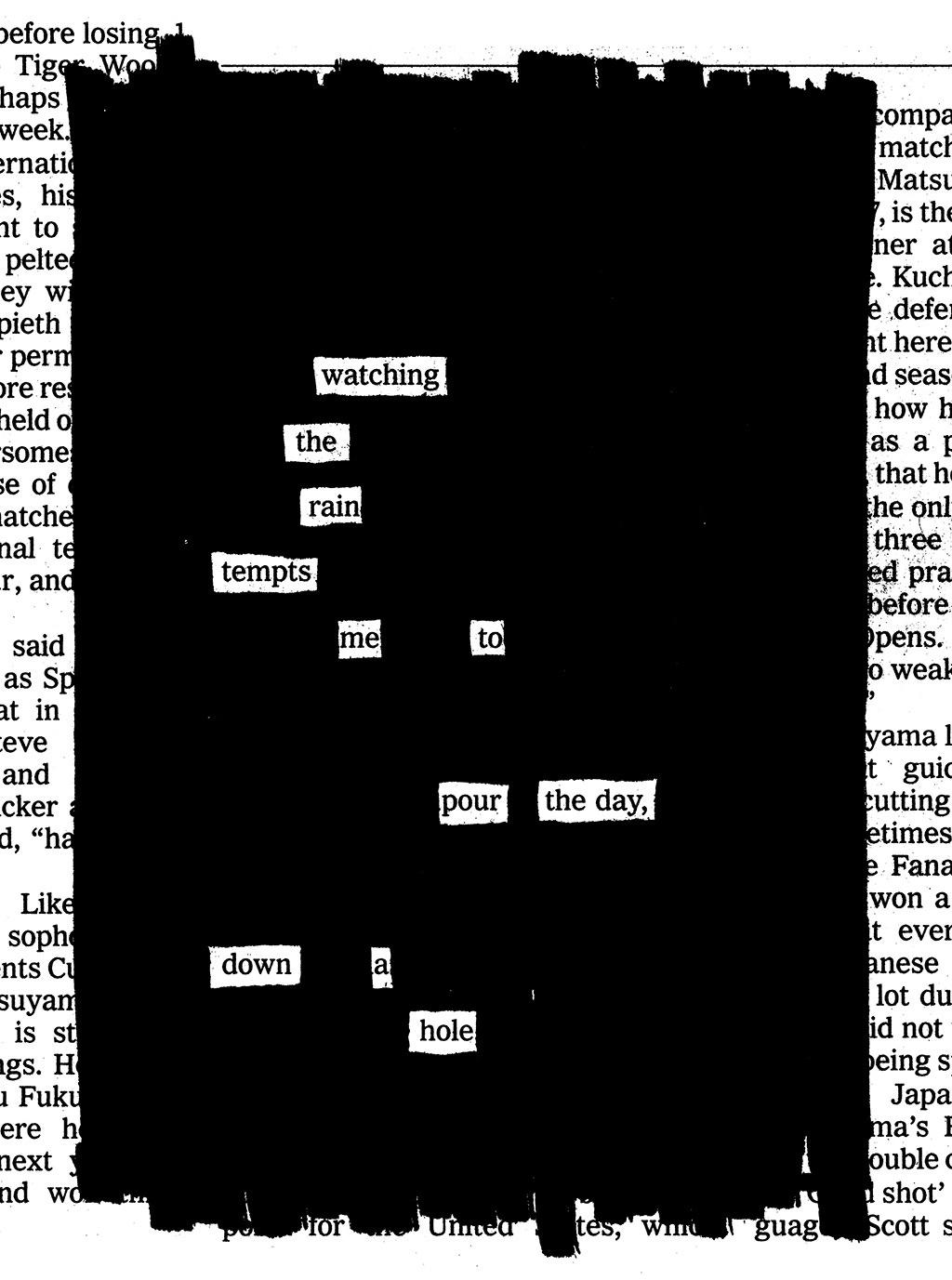Today only you can get my books Steal Like an Artist, Show Your Work!, and Keep Going in paperback for around $8 each on Amazon.
Here are the 10 things I thought were worth sharing this week:
In Texas, in July, one is supposed to be praying for rain, not praying for it to stop. For those trying to wrap their heads around the disastrous flooding in central Texas, Texas Monthly has removed the paywall for their flood coverage, The Texas Tribune has a page dedicated to the floods, and for reporting on local flooding, I’ve been following KUT here in Austin. The folks at Austin PBS and the HEB Foundation (many Texans, myself included, trust our beloved grocery chain to help more than our state government) have suggested the Kerr County Flood Relief Fund, TEXSAR: Texas Search and Rescue, and The Salvation Army as organizations worth supporting. (My loved ones are all safe and dry and my heart goes out to all those whose aren’t.)
The flood not only contaminated the physical environment with debris, bacteria, and other pollutants, setting the stage for the thriving of mosquitos and other parasites, it did the same, I think, to our intellectual environment. (I thought often this week of the “flood the zone” metaphor used in despicable politics.) Surprise, surprise, I found the greatest comfort and clear-headed thinking in the 150-year-old novel I’ve been reading over the past five weeks, Leo Tolstoy’s War and Peace, a book about, amongst many other things, how bad we are at trying to understand the forces behind disastrous historical events.
“The assault of noise and unsolicited messages on people’s souls seems to me to create an environment of violence quite akin to how aggression and war hurt innocent bystanders, those poor non-combatants caught in fights not of their own making.” That’s not Tolstoy, that’s Ursula Franklin, a feminist, Quaker, and pacifist writer whose books The Real World of Technology and The Ursula Franklin Reader: Pacifism as a Map mean a great deal to me. (One of her favorite teachings of mine: “Silence is a space for something to happen.”)
“We have nothing that interesting to say,” writes Audrey Watters on using AI to write, “because we have nothing interesting to think about because we have read nothing substantive.” After I read that, the algorithm served me an awful clip of a TED Talk by the CEO of an AI company who claims that “your grandchildren will be the last generation to read and write,” and not long after that, I found myself on an airplane in a window seat, Hiroshi Yoshimura’s “Green Shower” playing on a loop in my headphones, the clouds flying past my window while I read Tolstoy. I felt so damned happy, in that moment, to be a reader.
“Do you have any advice for people who want to write?” “Read.” A terrific typewriter interview with writer Laura Lippman.
Asked what writers alive or dead she’d invite to a dinner party, Cressida Cowell replied, “You have to invite the dead ones. Although one of the many wonderful things about reading is that this is what you are already doing. You are having a dinner party with people who died, sometimes hundreds or even thousands of years ago, and whose voices and feelings and intelligence and opinions are all captured in the extraordinarily brilliant and irreplaceable technology that is a book.” (As Auden said, art is “our chief means of breaking bread with the dead, and I think that, without communication with the dead, a fully human life is not possible.”)
Laurie Anderson and Lou Reed’s rules for living. (“The first one is: Don’t be afraid of anyone…”)
Some great rainy day music: Horsegirl’s Phonetics On and On, which, as this review points out, sounds a bit like The Feelies, The Raincoats, and the third Velvet Underground record. (The album was produced by one of my favorites, Cate Le Bon, whose next album, Michelangelo Dying, comes out in September.)
“How differently do those clouds glide across that lofty infinite sky! How was it I did not see that lofty sky before? And how happy I am to have found it at last!” My airplane reading experience made me get goosebumps during the opening of Sergei Bondarchuk’s late 1960s Soviet film adaptation of War and Peace, which starts with aerial shots that soar through the clouds. An incredible production — just watch this clip of cinematographer Anatoly Petritsky describing some of his camera tricks. Film critic Roger Ebert said it is “as spectacular as a movie can possibly be and yet it has a human fullness. Considering its cost and the vast effort that went into its making, such a film can be made only once in our time. The wonder, indeed, is that it was made at all.” (You can stream it on HBO Max or YouTube.)
“Maybe I was just born in the wrong era.” RIP actor Michael Madsen, who I enjoyed in several Tarantino movies, but especially in Kill Bill, playing the role of Budd.
Thanks for reading. This hand-rolled, ad-free, AI-free, anti-algorithm publication is made possible thanks to the kind support of readers like you. To get an extra exclusive email from me every Tuesday, and keep Friday free for everyone, become a paid subscriber:
xoxo,
Austin







Having said to myself more times than countable, "I'm really thankful for this guy, his work, and the sensibilities behind it" (or words to that effect), I thought it appropriate to actually thank 'this guy.' Please accept my gratitude.
Thank you for introducing me to Ursula Franklin. Looking forward to reading her and allowing some hope into my world. You are such a facilitator of mind blowing paths less taken.